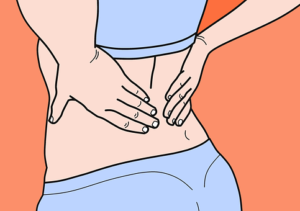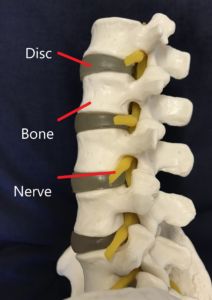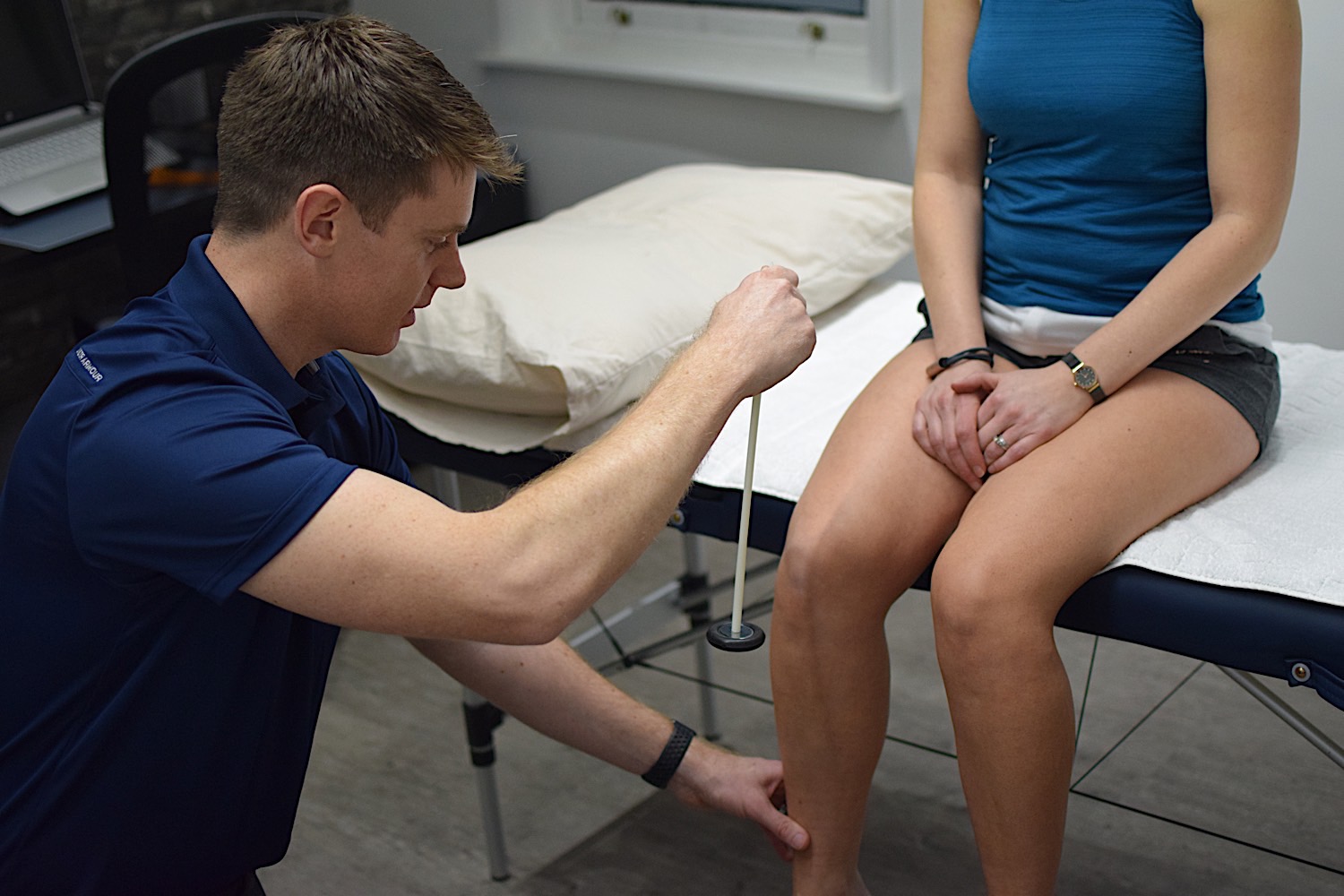16 Nov Back pain
 Back pain is something that most of us will experience at some point. It can range from being mildly uncomfortable to debilitating and last from just a day or so to many months or even years. In the UK it costs the economy billions of pounds and can cause misery to those suffering with it. However, with the right support and positive mindset it does not have to continue to be a major issue. So what can you do if you develop pain in your back?
Back pain is something that most of us will experience at some point. It can range from being mildly uncomfortable to debilitating and last from just a day or so to many months or even years. In the UK it costs the economy billions of pounds and can cause misery to those suffering with it. However, with the right support and positive mindset it does not have to continue to be a major issue. So what can you do if you develop pain in your back?
 First though it’s worth having some understanding of what your back is and how it works. The spine is an amazing and incredibly strong structure made up of bones (vertebrae) stacked up on top of each other with a shock absorbing spacer (disc) between each bone. Your spinal cord, which is made up of nerves that travel to everywhere on your body, runs through a bony tunnel down the middle of your spine. Around the spine are tough ligaments that keep everything secure and muscles that give us support, movement and strength. We put our backs through a lot stress every day but they will last a lifetime.
First though it’s worth having some understanding of what your back is and how it works. The spine is an amazing and incredibly strong structure made up of bones (vertebrae) stacked up on top of each other with a shock absorbing spacer (disc) between each bone. Your spinal cord, which is made up of nerves that travel to everywhere on your body, runs through a bony tunnel down the middle of your spine. Around the spine are tough ligaments that keep everything secure and muscles that give us support, movement and strength. We put our backs through a lot stress every day but they will last a lifetime.
There are many reasons why people develop back pain and the vast majority of these are not due to serious conditions (even if it is very painful!). Most of the time the pain is not related to any particular damage and is referred to as ‘mechanical’ or ‘non-specific’ back pain. Sometimes there may be a problem with a disc where some fluid bulges out, often called a ‘slipped disc’ which tends to be associated with pain going down your leg (sciatica), however, these bulges can be present with people who do not have any pain.
There are some key points that are worth knowing about back pain:
- Your back is stronger than you may think, and is able to recover well.
- Scans and x-rays are often not very helpful. If you scan someone with no back pain you will often find the same changes, such as wear and tear, as someone who does have back pain! A scan can help clarify the detail in certain situations which is when your physio or GP may suggest one.
- Prolonged bedrest and time off work is not recommended. Some time off may be needed initially, and you will need to modify your activity for a little while, but trying to keep active is helpful – even a simple walk can help.
- Painkillers are not the answer. They may help short term but then you need to manage your back through activity.
- Bending and lifting are not as bad for your back as we once thought. Your back is designed to be able to bend. Be sensible with what and how you lift and make sure you are strong enough.
- Surgery is very rarely needed. Be patient, work with your physio, keep active and even the worst back pain will normally get better.
- Sleep is important. 7-8 hours on a mattress that you find comfortable.
- Exercise helps to manage back pain and helps to protect you from further episodes. There is no single form of exercise that is best. Find something you enjoy!
Different people respond to different treatment approaches. The skill of the physio is in identifying the most appropriate approach for your situation. Physiotherapy can help you to understand where the problem is coming from, help relieve it through ‘hands on’ treatment and show you exercises tailored to you as an individual. Sometimes the problem can be dealt with quickly, but particularly with longstanding back pain it can take time.
Back pain can be scary but try to keep positive and remember that things will get better. Get help to identify and address the underlying areas of stiffness and weakness and learn how to move your body well – you may be surprised at how much better you feel!



Sorry, the comment form is closed at this time.